Every morning lately the horses, who have about 20 acres of grassed and treed hills to roam on, stand in the muddy raceway instead waiting for breakfast to be served. Usually with the odd sheep or two who fancy their chances.
Kalara, the proverbial old grey mare, can be seen here inspecting the buffet laid out in the paddock next door.
The morning's routine includes throwing out hay for the dry ewes and wethers first, simply because they'll mob me for the horses' hay if I don't. The next step is to sneak through the garden hoping I'll get to the yards ahead of them in order to distribute rations without a riot. This usually fails because (before coffee hour), I invariably forget that the pet lambs will see me and protest - in rising harmonies - my walking past without dolling out the grub to them first.
Everyone else joins in and lodges their complaints in a series of neighs, whinnies, bleats, baas, grunts and cackles that has to be silenced in stages as I get to each yard or paddock.
At this stage Jelly, the tortoiseshell cat, will join me as overseer, trotting along behind me on my rounds, supervising proceedings from her chosen fence post. Then it's back up to the horse shed to replenish supplies for feeding out. Distribution is a bit like an obstacle course.
The pet lambs lay in wait behind the gum tree in their yard then jostle me from either side in a race to the shed, always hoping they'll dislodge my cargo before I get there. The breeding ewes wait for me to step over the fence with a bucket of sheep nuts in each hand, held high out of their reach like lanterns. Should they get their noses in the bucket too early the combined force of three or four sheep heads will mean I cannot raise the bucket again and it's game over. So instead they wait until I'm teetering over the fence and as many as possible get under my airborne foot, rendering me unable to put it down, and the rest push against the grounded foot to capsize me. For a few long moments I have to hold this one legged karate pose with the heavy buckets and if I'm lucky I'll get through the woolly mass upright. It's only occasionally they win. Usually when it's wet. The alpacas thankfully take a more subtle tack, waiting until I'm actually through the gate before descending, necks outstretched, on the hay. I simply have to keep out of the way. It's a good policy to keep out of the way of alpaca spit.
Then it's down to the chicken pen. Jelly waits discretely outside for this part. They are mostly benign, except for their protector and leader, Silver Boy the rooster. He's convinced I mean deadly harm and the mixed grain and hot bran mash is just a ruse for an enemy wanting admittance on false pretences and he isn't having any of that. If I'm quick I can feed them and get out again unscathed, but I use an old saucepan for the feed because it doubles as a self-defence mechanism. To be fair, I admire his courage and attacking ability. He's left a few dents in the saucepan.
Whilst the breeding ewes are staying in home paddock hotel they get extra service with hay as well, and the other animals want a piece of it. Including Jelly, apparently.
skip to main |
skip to sidebar
.JPG)
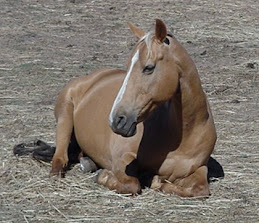
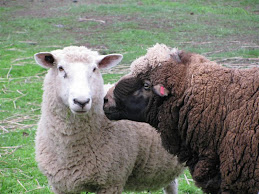.jpg)

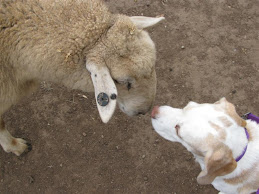.jpg)
.JPG)


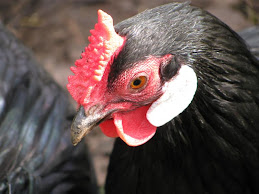.jpg)
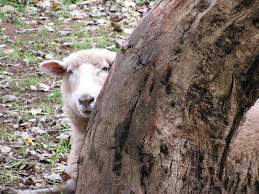.jpg)
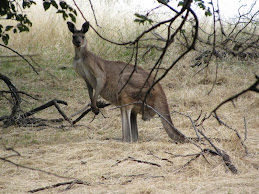.jpg)
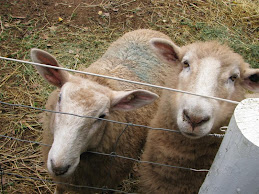.jpg)
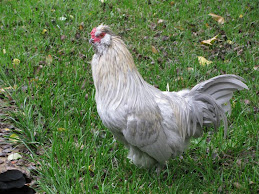.jpg)

Visit our website.

Contact Us.
.jpg)
Places we like to visit

Search This Blog
.jpg)
Blog Archive
-
▼
2010
(193)
-
▼
May
(20)
- Magic carpet
- Mouse in the house
- Couch potatoes
- On the spot
- The end of the road
- Maximum security
- High maintenance hairstyles
- 'Frosty' but no snowman.
- Leaves leaving
- No room at the inn
- They're baaaaack
- Pesky peacocks
- Morning ritual
- Civilised canines
- Worries and doubts
- Boxed from the box!
- New shoes!
- Scavenging as an art form
- Cool nights
- Laying low.
-
▼
May
(20)
Labels

.jpg)
.jpg)
.jpg)
.jpg)
.jpg)
© Celestequest.com 2010.
No reproduction of images, articles, written material or any other content on this site without express written permission of the owners.



